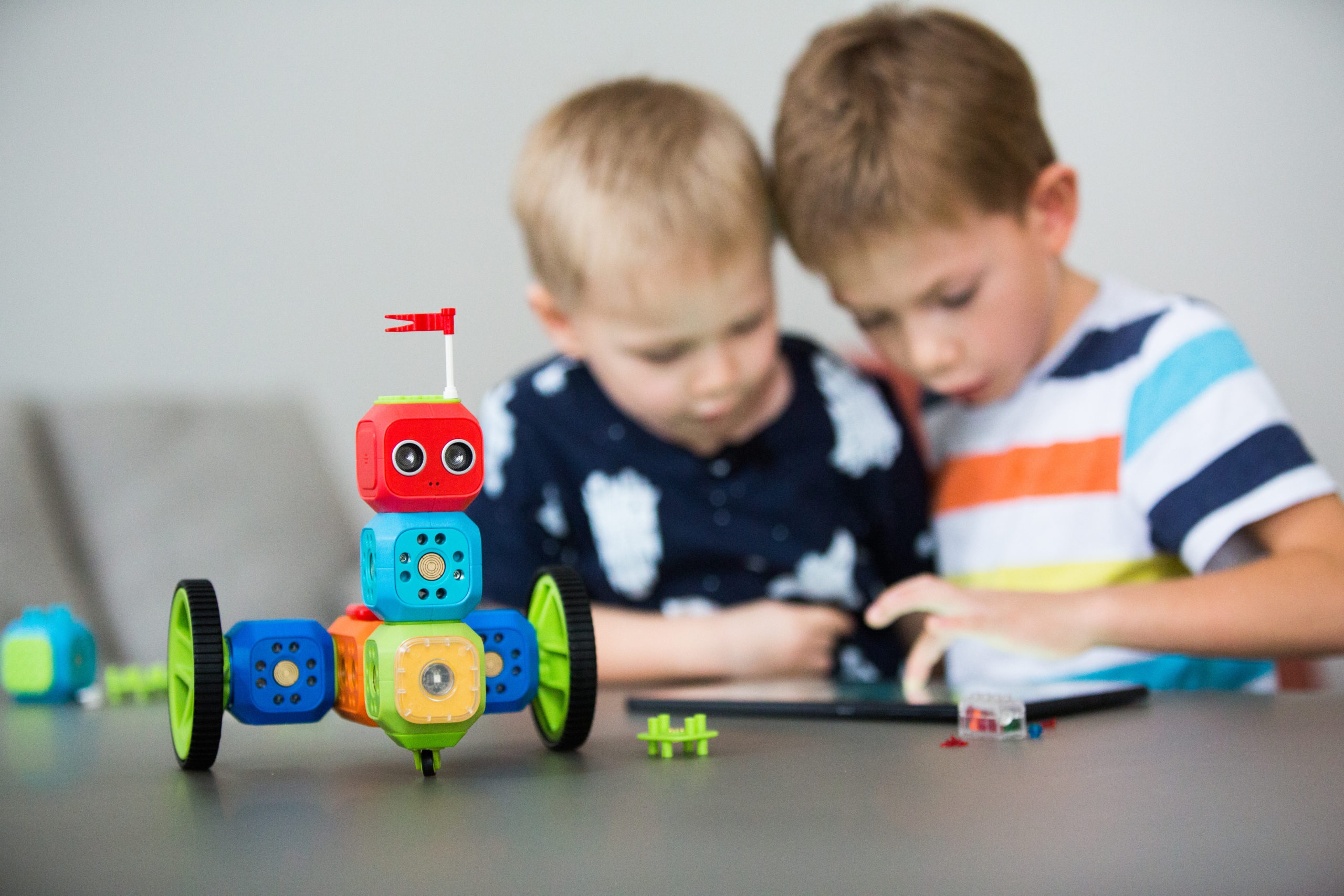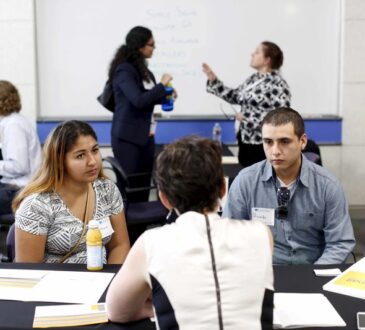
Coding has emerged as a crucial set of skills in today’s computerised world, where creativity is a necessary component of daily life. Coding for kids (โค้ดดิ้งเด็ก, which is the term in Thai) has greatly increased in popularity as a teaching tool. It is not just for professionals and software developers.
Early exposure to coding fosters the development of children’s creativity, logical thinking, and critical thinking abilities. Continue reading to know the benefits of teaching young children to code.
Influence Of Early Learning
The primary language of computers is coding. Coding for kids enhances consistent reasoning. It also improves design appreciation and effective critical thinking.
Early exposure to coding prepares children for success in a variety of subjects. Young children that are open to coding have an easier time laying a solid foundation and establishing a growth mindset that will serve them well throughout their life.
Development Of Imagination
Coding is usually compared to an imagination restart. Children’s imaginative thoughts might be rekindled through coding. They develop programs that reflect their particular hobbies and build smart storylines.
Children can explore their creativity through this interaction, and experiment with new concepts. Coding enables them to turn their wildest thoughts into unmistakably sophisticated crafts.
Developing Analytical Skills
The journey of learning to code is a minefield of challenges and conundrums that must be solved. Children learn how to break down complex problems into more manageable, small advancements when they write code.
They learn how to analyse problems, think critically, and come up with convincing solutions. They learn to persevere through difficulties and develop a flexible demeanour towards obstacles. It also supports their critical thinking skills.
Boosting Collaboration And Correspondence
Children collaborate on coding projects frequently, allowing them to learn from one another. Children learn how to collaborate on code projects, share their knowledge and develop effective communication skills. The environment is conducive to future joint endeavours because it reflects real-world circumstances.
Overcoming The Orientation Hole
Although teaching coding to children helps overcome this orientation gap, the field of coding has historically been dominated by men. Coding for kids dispels stereotypes and re-energizes inclusivity. Giving young girls the opportunity to learn coding helps they get ready for a more diverse and adaptable tech profession.
Conclusion
For children, learning to code is about more than just picking up a programming language. It is a gateway to creativity, critical thinking, and a deeper understanding of the digital world.
Children are given foundational skills that go beyond the bounds of invention when they are introduced to coding. As young people start their coding projects, they build skills in a crucial area and cultivate a mindset. It supports growth, teamwork, and flexibility.




